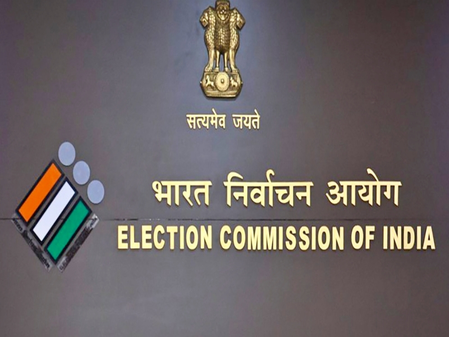
New Delhi, Aug 14 (IANS) The Supreme Court on Thursday directed the Election Commission of India (ECI) to publish online the list of over 65 lakh voters proposed for deletion during Bihar’s Special Intensive Revision (SIR) of electoral rolls. The move has placed the ECI at the heart of a heated political debate.
However, citing ground reports and official documentation, ECI officials assert that the process has been far more transparent and collaborative than some opposition voices suggest.
The apex court’s directions include uploading the full list of deletions, stating reasons for each deletion, allowing claims with Aadhaar for identification (not citizenship), and displaying these lists at Panchayat and BDO offices. While the directives aim to enhance transparency, the ECI maintains that most of these steps were already in motion well before the court’s intervention.
Transparency already in practice
The Election Commission officials have stated that all political parties in Bihar were provided with the complete list of proposed deletions beginning July 20, 2025. This includes the names, reasons for proposed deletions—ranging from death, permanent migration, untraceability, to duplicate entries—and clear guidelines on filing objections.
In Sitamarhi district, for instance, at Booth No. 18 of Bajpatti Assembly Constituency, a detailed meeting was held with Booth Level Agents (BLAs) from all major political parties, including the BJP, Congress, JD(U), and Jan Suraaj.
As documented, the BLO shared and read aloud the draft list of deletions, encouraged objections, and requested submission of Form-6 for eligible new voters, say officials. Moreover, the meeting registers show the presence and signatures of BLAs across political lines.
Similar meetings and documentations exist for multiple polling stations across Bihar. For example, in Gopalganj district, detailed discussions were held in Nurichak village, where BLOs presented the lists of voters proposed to be deleted due to death, migration, or duplication, say officials referring to a document.
In one case, 28 voters were found without valid documents; these names were shared openly with local representatives and objections were invited.
Aadhaar already a part of the process
A key clarification from the Election Commission is that Aadhaar has always been an accepted document for identity proof during this revision.
The enumeration form used for SIR explicitly asks for Aadhaar numbers as one of the supporting documents. The SC’s recent direction to allow Aadhaar for identity does not constitute a new requirement but reaffirms the ECI’s ongoing practice.
Moreover, as ECI officials point out, opposition claims of exclusion and secrecy appear to lack basis—not a single BLA from the RJD or Congress is on record having filed a formal complaint against the process at the booth level so far. In fact, all political parties were engaged regularly through thousands of meetings at various levels.
On the ground: A manual of diligence
Reports from numerous districts show meticulous door-to-door verification carried out by Booth Level Officers. In places like Sarai Hameed and Nurichak, BLOs compiled lists of deceased voters based on feedback from neighbours, local representatives, and even attempts to contact family members. Names were removed only after verification and consensus.
At many polling stations, printed lists of deleted voters were displayed publicly and also pasted outside the polling centres for community awareness, officials said. Voters and local agents were encouraged to review and file claims if necessary, they added.
Further, in line with due process, Forms 6, 7, and 8—used respectively for inclusion, deletion, and correction—were made available in physical and digital formats, with BLOs trained to assist any voter seeking help, say EC officials. The commission also capped the number of claims each BLA can file in a day to prevent abuse.
While the Supreme Court’s directive strengthens the spirit of transparency, it is also crucial to recognise that the Election Commission has not only complied but pre-empted many of the Court’s suggestions, say officials. From ensuring political party involvement to conducting exhaustive door-to-door verifications and making identity-based claims accessible—ECI has upheld the principles of transparency and electoral integrity, they asserted.
–IANS
brt/pgh



